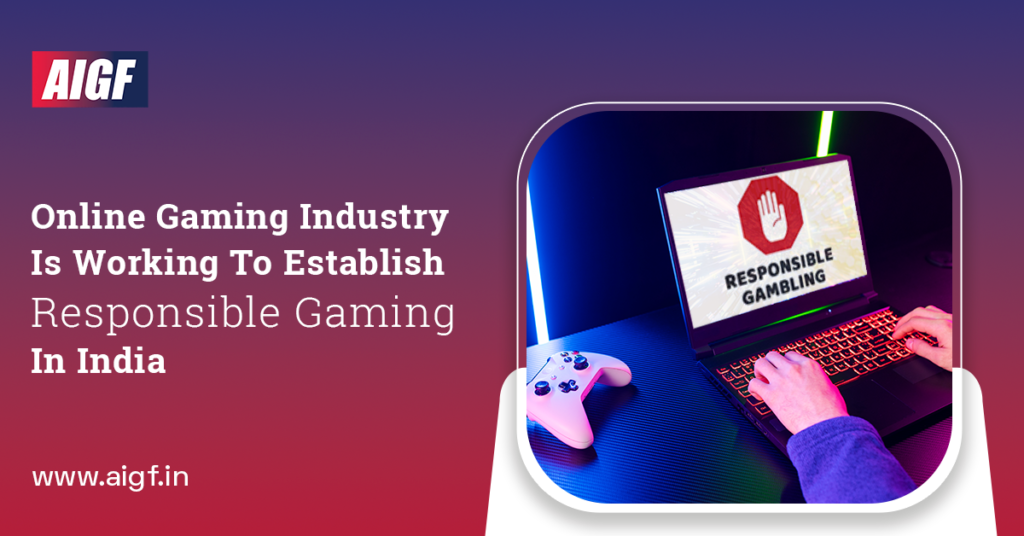Responsible gaming is a wide concept that contains several policies and requirements that apply to pay-to-earn gaming to make sure they respect the highest standards of quality and offers a safe user experience that protects people from financial losses.
Online Gaming Industry Is Working To Establish ‘Responsible Gaming’ In India
Responsible gaming is a wide concept that contains several policies and requirements that apply to pay-to-play to make sure they respect the highest standards of quality and offer a safe user experience that protects people from financial losses.
Rajeev Chandrasekhar, minister of state for electronics and IT, said it was important to keep the gaming ecosystem safe. He said that the gaming firms would be asked to be transparent about the deposit and withdrawal rules and the distribution of the winnings.
The gaming world also seems to be acting proactively in this direction.
Practically every one of the organizations Business Standard addressed said they were chipping away at laying clear rules and regulations to promote “responsible gaming.”
The All India Gaming Federation (AIGF), a gaming body, released a charter for skill games with provisions requiring members to educate players and implement self-checks on time and money spent on a game.
“The All India Skill Games Council, which was set up under the aegis of AIGF, works to ensure that members meet specific criteria and are in conformity with existing laws,” says Roland Landers, its CEO and founder.
Gaming platform WinZo says it uses more than 100 indicators to anticipate “overconsumption patterns” among gamers.
“We allow our product to be used for free if the user wants to use it.” There are financial and time constraints for users besides their own. “We are very focused on the safety of women to build a safe and accountable platform that is truly a social interactive entertainment hug,” says Paavan Nanda, the platform’s co-founder.
Ankur Singh, CEO at Witzeal Technologies, which owns the Big Cash gaming platform, says they are using “high-tech tools” to ensure fair play. Dilsher Malhi, founder and CEO of another platform, Zupee, says they support the Center’s self-regulatory framework.
In any case, the industry could be at an early stage in India; however, as per a few evaluations, by 2025, the number of online gamers here is expected to reach 657 million. The annual revenue is expected to touch $5 billion.
According to Geetanshu Bhalla, director of the law firm The Virtual Compliance, the draught is on the right track, but some changes must be made.
“Online games based on other revenue models like advertisements and sponsorships are still outside the proposed rules.” “It may create the risk of cyberbullying, and the government should broaden the definition,” he says.
The Center has invited suggestions from the public and industry by January 17.
The new guidelines could finally provide the gaming community with a launching pad. Yet, it won’t come without a specific degree of responsibility and accountability.
Credit: Business Standard











Comments
Comments are closed.